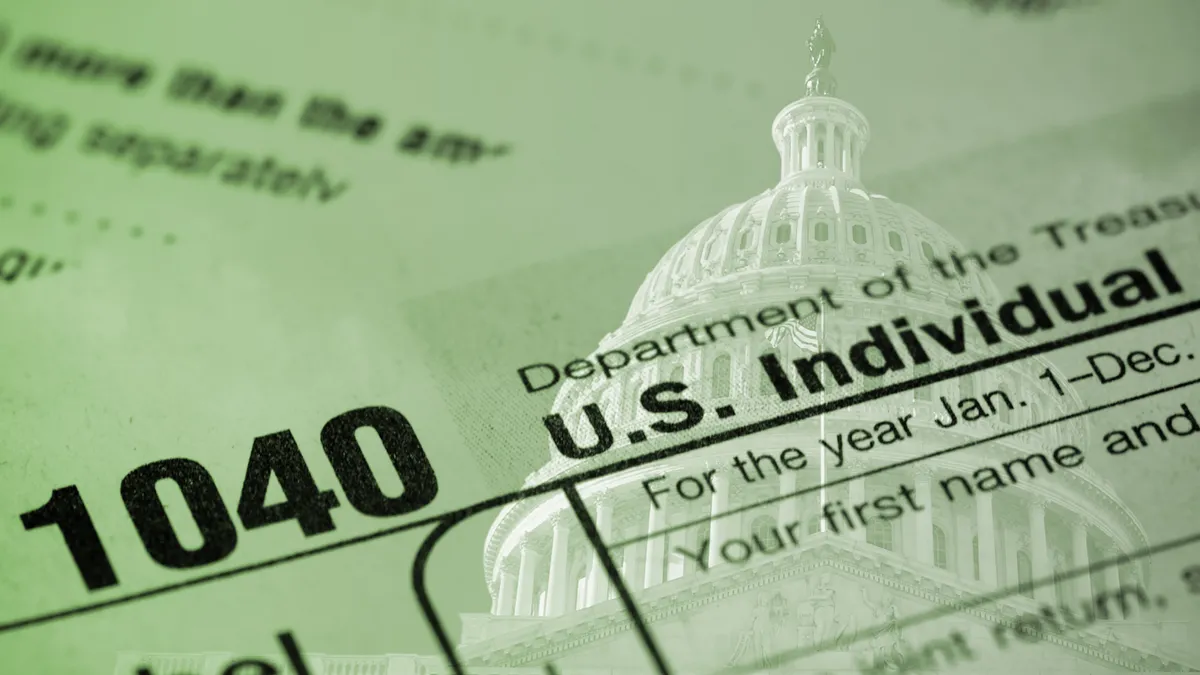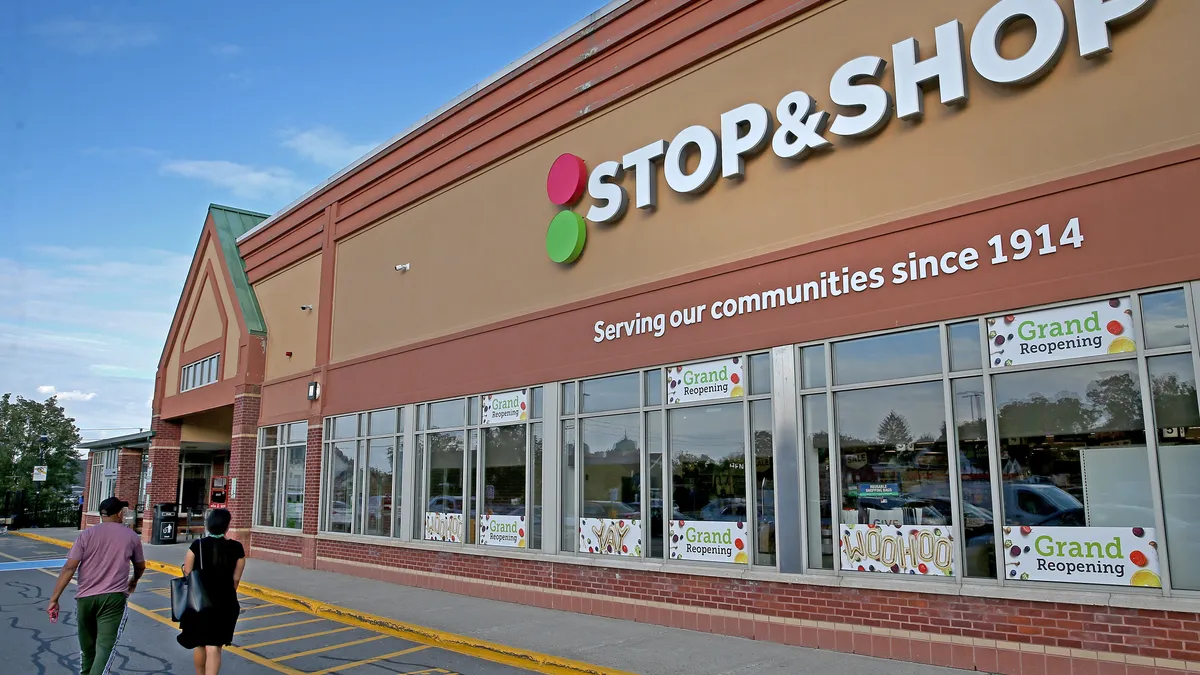Dive Brief:
- In a recent note to investors, analysts at Barclays wrote that the recently passed tax bill will benefit all retailers, and advised them to invest the benefits they receive primarily in pricing and labor.
- The greatest benefits, however, will go to large retailers like Walmart and Costco, Barclays estimates. Walmart, the firm noted, could see four times the incremental free cash flow of its nearest publicly traded competitor as a result of the bill, which lowered the corporate tax rate to 21% and made more capital expenditures available for deductions. These retailers will likely use the benefits to improve their pricing and promotions, forcing smaller competitors to do the same.
- Barclays noted that mergers and acquisition activity could slow as retailers invest additional funds in capital expenditures. "We believe EBITDA dollars will decline as most companies under our coverage invest a significant portion of the incremental cash in the business," the analysts wrote.
Dive Insight:
Given how price-focused the grocery industry has become, retailers need to invest in pricing and promotions in order to keep up with the competition, according to Barclays analysts. For these companies, the recently passed tax bill comes as a relief.
But that relief may be short-lived. That’s because the companies that stand to benefit most are those that are already aggressively investing in pricing. Small and mid-sized retailers, which have struggled to match competitors like Kroger and Walmart on price, may see that gap widen further as their gains are dwarfed by the giants of the supermarket world.
Walmart, which has been investing heavily in labor, store remodels and digital promotions in addition to pricing, performed well without the lower rate. In its most recent financial quarter, total revenue rose $5 billion over the year-ago period, to $123.2 billion. Nevertheless, help is exactly what the mega retailer will get, with its incremental free cash flow set to increase fourfold over its nearest competitor, according to Barclays.
"Tax reform will only continue to widen the gap on the strong vs. the weak," Barclays analysts wrote in a note to investors.
Still, price investments should help retailers retain loyal customers. And lower prices across the industry could stimulate spending overall. Retailers will also be able to invest in labor, which has become increasingly important given low unemployment in the U.S., and with more states pushing minimum wage increases.
Companies like Southwest Airlines, AT&T and Bank of America have rewarded employees with $1,000 bonuses. In the grocery sector, a six-store ShopRite operator based in Delaware handed out $150 bonuses to 1,000 employees in light of the new tax legislation.
Look for other grocers to invest in the workforce. In this intensely competitive industry, though, grocers should mainly use the extra funds to keep pace on price.










